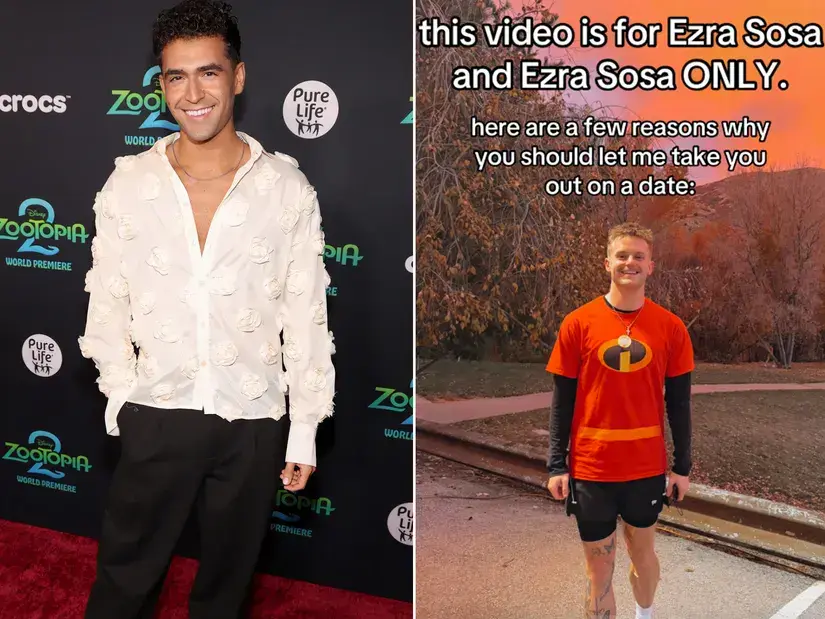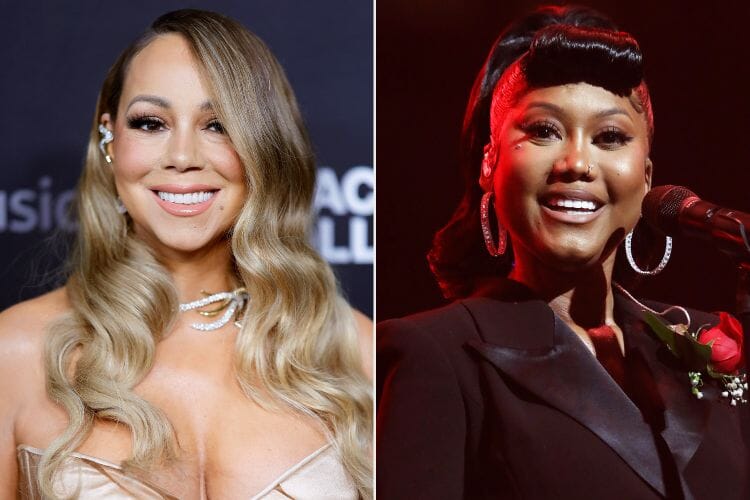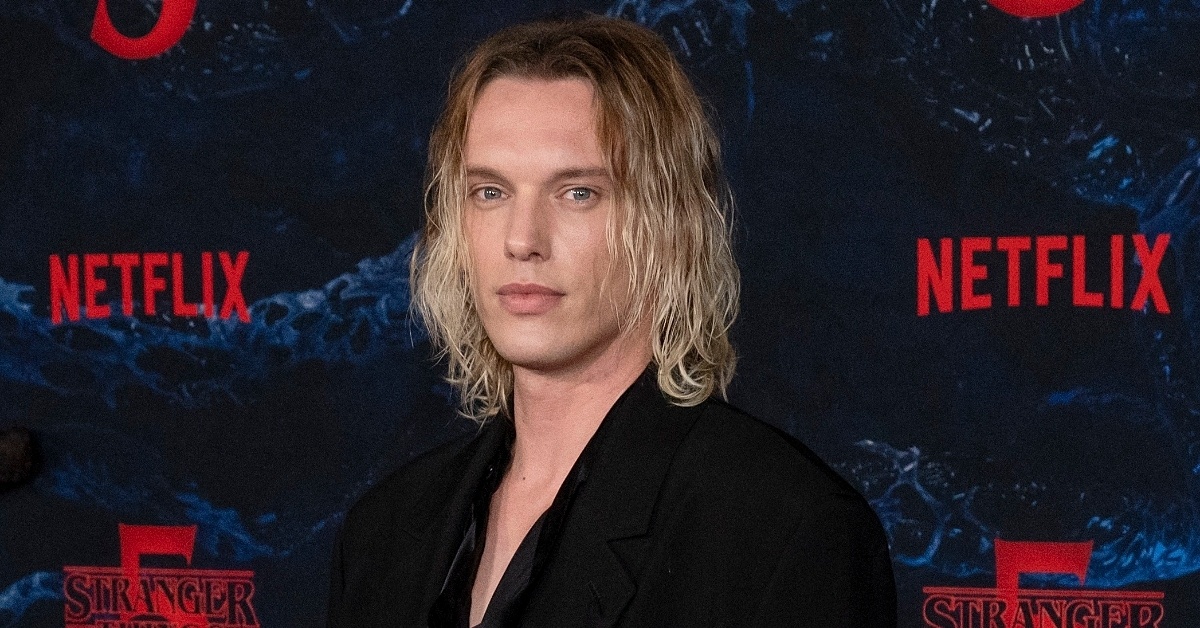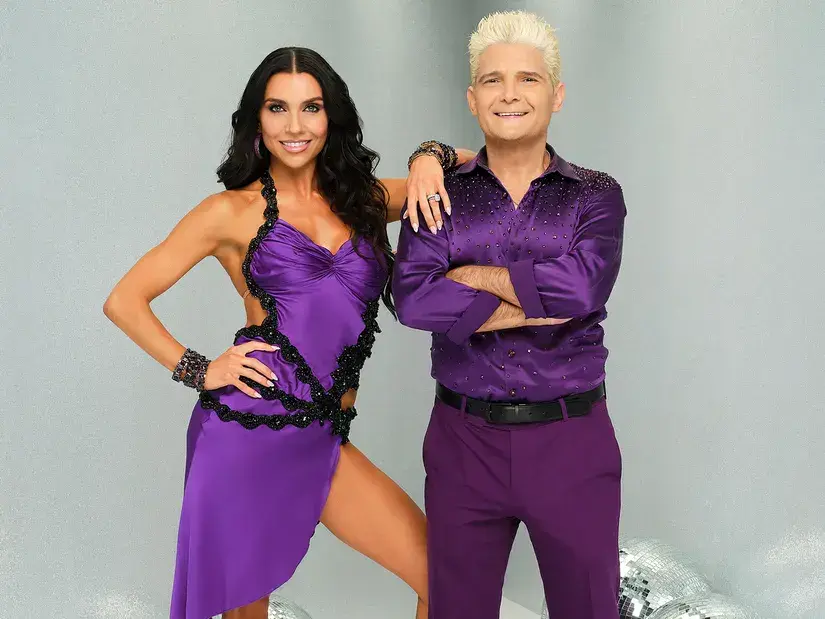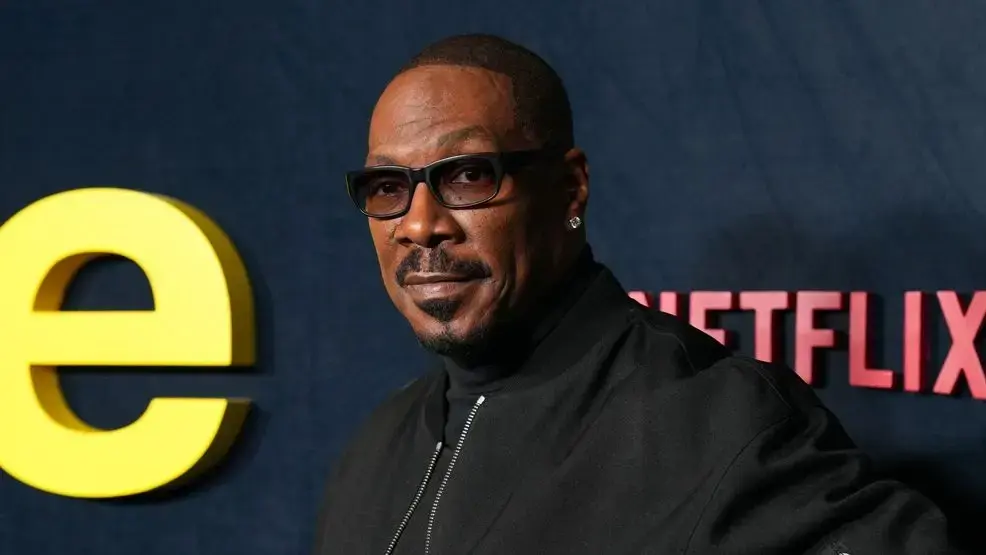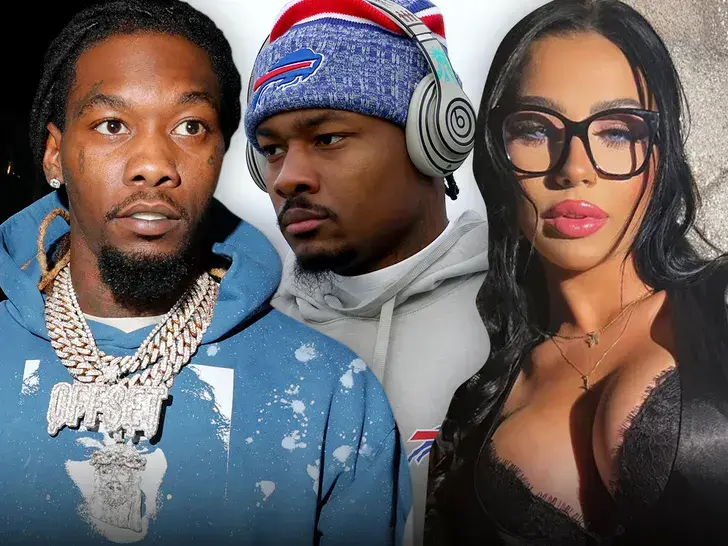BY: Walker
Published 2 years ago

Just a few weeks after the Recording Academy announced new rules to guard AI from being fully included in the Grammys main categories.
via: Rolling Stone
The Grammy Awards are getting ahead of the curve when it comes to dealing with artificial intelligence in the music industry. A change to the ceremony’s guidelines last month opened the door for music created with AI to be eligible for awards, however, “a work that contains no human authorship is not eligible in any category,” according to the rules. Recording Academy CEO and President Harvey Mason Jr. recently explained the bar of eligibility set for the new rule, including a firm definition of what they consider to be meaningful human contributions.
“Here’s the super easy, headline statement: AI, or music that contains AI-created elements, is absolutely eligible for entry and for consideration for Grammy nomination. Period. What’s not going to happen is we are not going to give a Grammy or Grammy nomination to the AI portion,” Mason told Associated Press. “As long as the human is contributing in a more than de minimis amount, which to us means a meaningful way, they are and will always be considered for a nomination or a win.”
The Recording Academy has considered various approaches to the recent industry craze, particularly through research and informational tech summits. This has apparently helped them set stronger parameters around the new rule for performance, songwriting, and composition categories.
For example, if the lead vocals of a record are performed through an AI program, or a program that allows for voice modeling, it would be ineligible in a performance category but eligible in a songwriting category because that’s where there was the most significant human contribution. “Conversely, if a song was sung by an actual human in the studio, and they did all the performing, but AI wrote the lyric or the track, the song would not be eligible in a composition or a songwriting category,” Mason explained.
“We don’t want to see technology replace human creativity,” he added. “We want to make sure technology is enhancing, embellishing, or additive to human creativity. So that’s why we took this particular stand in this award cycle.”
For Mason, it was also essential to update these rules during this award cycle because of AI’s rapid growth in the industry. He isn’t just preparing for the future — he’s getting ready to manage what’s already here. “If the tech was five or 10 years out, we probably would hold a beat on getting the language into the rules,” he told Rolling Stone last month. “But because of the prevalence and relevance of the topic and the style of creativity that’s happening, I believe we could see AI participating in a song that is in our process this year or next year.”
